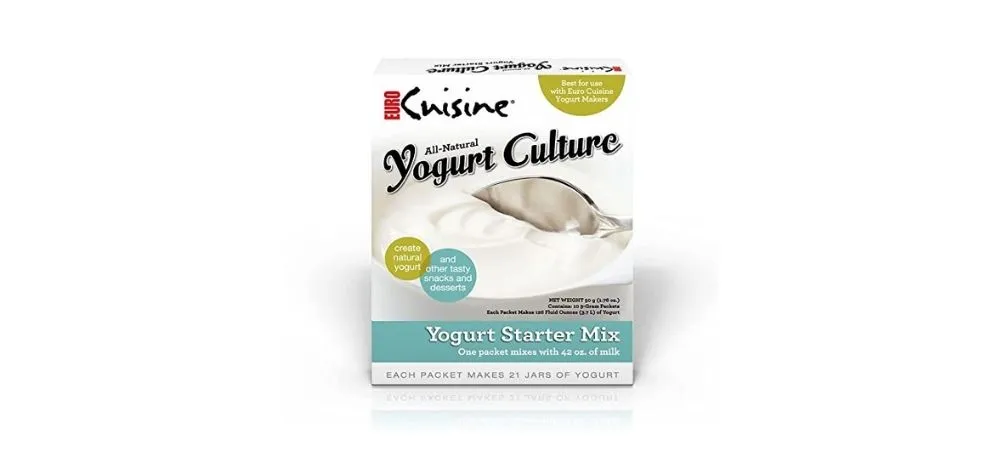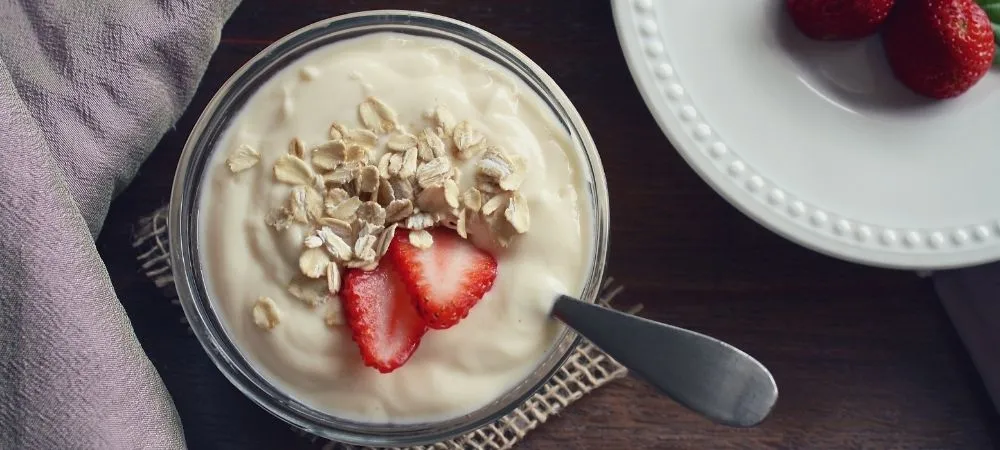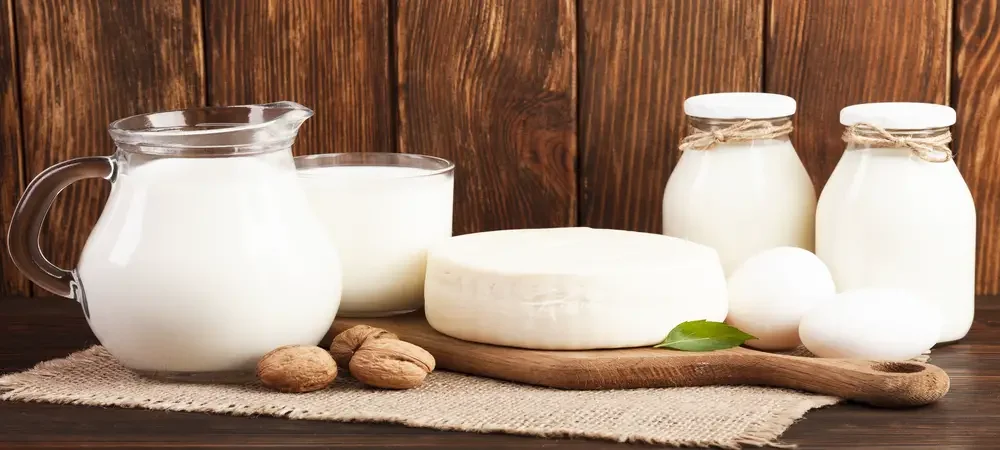One-half cup of frozen yogurt contains approximately 27 grams of carbohydrates. Although this is much more than the four grams of carbohydrates in a cup of whole milk, it’s only about half as many carbs as there are in one-half cup of vanilla ice cream.
Related Posts:
- How many Ounces of Yogurt in Cup?
- What Yogurt has the most Protein?
- How much Fiber is in Yogurt?
- How much Yogurt is Too Much?
- What is the healthiest Dairy?
- Is it Healthy to eat Flavoured Yogurt Daily for Breakfast?
- What are the differences in Nutrition between Yogurt and Milk?
- What are the health benefits of Yogurt?
- How many Calories in a Yogurt Parfait?
Does Frozen Yogurt have Fewer Carbs than Ice cream?
When choosing between frozen yogurt and ice cream, consider your health and diet goals when making your decision. On the plus side, ice cream contains saturated fat, while frozen yogurt generally does not. On the other hand, ice cream most often contains considerably more calories than frozen yogurt.
If you’re trying to avoid carbs while still enjoying treats like ice cream and frozen yogurt, try light versions of either food. The overall calorie content is typically lower in both foods, although there is variation between brands. In addition, some light ice creams have less fat than low-fat frozen yogurt.
Will Frozen Yogurt Kick me Out of Ketosis?
Like those in frozen yogurt, Carbohydrates can affect whether or not you’re able to maintain ketosis. It is because ketones are derived mainly from the metabolism of fats by your liver and kidney. If there aren’t enough facts available to support ketone production, these organs must turn to carbs and proteins for fuel.
Does Frozen Yogurt (froyo) Have Carbs and Sugar?

Some frozen yogurt products indicate that they contain “sugar” on the ingredients list. It is a tricky designation, however, since all yogurts have naturally occurring sugar. It’s also important to note that some frozen yogurt labels contain a separate line for sugars, while others do not.
What is the Best Type of Froyo?
Some frozen yogurt shops offer low-carb flavors, such as vanilla or chocolate. If you’re not sure whether a particular frozen yogurt brand has fewer carbs than ice cream, check the nutritional facts label that’s usually found on the back of the carton.
How many Calories are in the Froyo?
When you’re trying to pick a healthier frozen treat, it’s important to consider calorie content and carb and sugar content. By the numbers, one-half cup of vanilla frozen yogurt contains approximately 160 calories, which is about 20 percent fewer calories than the same amount of vanilla ice cream.
Is Froyo Good for You?
While there are some health benefits associated with consuming yogurt, there are many drawbacks to choosing frozen yogurt over ice cream. For example, one-half cup of plain low-fat frozen yogurt contains only a few more vitamins and minerals than sugar.
Is Froyo Healthy?
When you’re trying to decide between ice cream or frozen yogurt, it’s essential to consider more than just the number of carbs. Make sure you also check the fat content, sugar, and calorie levels, along with any additional ingredients. In general, low-fat ice cream contains less sugar but slightly more calories than frozen yogurt.
How Many Carbs are in Froyo?

The number of carbohydrates found in frozen yogurt varies considerably depending on the flavor. Low-fat flavors generally have around five to six grams of carbs, while full-fat dairy flavors usually have 12 grams or more. In addition to sugar, some flavors also have fruit or other sweeteners that contribute additional carbs.
How Much Fat is in Froyo?
Calories from fat in regular froyo range from 70-110 calories per half a cup. It is 35 percent to 50 percent more than the calorie content of ice cream, which ranges from 50-85 calories per half a cup.
What Flavor is Best-Frozen Yogurt or Ice Cream?
If you’re planning to have some low-fat frozen yogurt or ice cream, it’s a good idea to look at the sugar content. Low-fat options generally have more protein and less sugar than traditional varieties.











